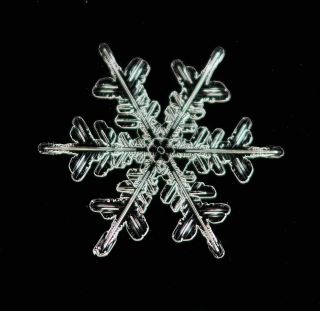Motivation
Do You Suffer From Existential "Specialness"?
Existential specialness is the most common way we deny the idea of death.
Posted May 6, 2024 Reviewed by Michelle Quirk
Key points
- We tussle with an instinctive fear of death, buried at our deepest, primal levels.
- It’s normal to be anxious about not being around in the future.
- We benefit from facing the truth about death, rather than avoiding or denying its inevitability.

No spoiler alert is required: We’re all going to die. Every second on our planet, 1.8 poor souls drop dead, and we’re all just walking around hoping we’re not one of them. We’re not just trying not to die; we’re trying not to think about dying. It’s normal to be anxious about not being around in the future.
We tussle with an instinctive fear of death, buried at our deepest, primal levels. You may not think that you have existential angst, but if you’re human, it’s there. Some of us don’t have to scratch the surface too far to find that animalistic fear, and for others, we bury our mortal dread deep down under cartons of pistachio gelato, refilled prosecco glasses, infinite social media scrolling, Amazon shopping marathons ... scads of ways we numb our anxieties of not being enough and/or doing enough.
The existential psychologist Irv Yalom (1980) writes about the concept of “personal specialness” as the most common way we deny the idea of death. This “conviction that we are exempt from biological necessity and that life will not deal with us in the same harsh way it deals with everyone else” is as illogical as it is predictable. Oh, how we love our self-deception strategies. See if you recognize yourself in this little human head game.
Bad things happen to other people, and we find ourselves startled when they happen to us. Other people have their cars broken into ... not us. Other people get laid off in a recession ... not us. Other people age into wrinkled raisins and ultimately breathe their last breaths, but we somehow think we’ll dodge the bullet and come out ... unscathed? With remarkably smooth skin and implausibly immortal? Intellectually we know it’s foolish, yet we cling to the idea that we’re special and immune to the negative experiences all the unfortunate other people have to endure. Sucks to be them!
I remember laughing with a client who shared the details of her recent optometry appointment. She was baffled that she needed reading glasses and pressed her doctor to run special tests to “get to the bottom of this.” She imitated her doctor’s response, replete with his southern accent: “Honey, this ain’t no mystery. You’re 42. What did you think was going to happen?” She thought she was exempt. She thought her eyes were special.
It’s true that no one else out there is quite like you—you really are a special snowflake. But you know what happens to snowflakes? They melt. You are a special, melting snowflake. Beautiful, but fleeting. Melting.
Stopping the delusion of specialness

So how do we stop specialness bamboozling ourselves? We face the truth about death; we remind ourselves that zero exceptions have been made and ever will be made. What realities might you need to face today?
- If your father and grandmother had arthritis, for example, might you want to anticipate it for yourself and get on with your active lifestyle now? Get on with traveling to Machu Picchu now—while your knees still bend—instead of “one day down the road”?
- If you've been delaying your dreams for the mystical timezone known as "later," might you want to get moving on them today? You might not be as mentally sharp as you'll need to be to volunteer on that board when you retire. Can you fit it in now? Might you want to learn to speak French sooner rather than a later that might not arrive?
- If you get exasperated by an elderly person slowing you down in the grocery store aisle, for example, might you benefit from a reflection on how it's likely you, too, will shuffle instead of skip one day?
- Reflect on the elders in your life and how their realities have changed as they aged, both physically and mentally. Assuming you'll have a fairly similar path ahead, how do you want to live/accept your un-special reality so you're proud of how you transitioned into the most mature time of your life?
I'm pleased to have shared this excerpt from my just-published book, You Only Die Once: How to Make It to the End With No Regrets (Wellman, 2024). Let's face the facts of life and live like we mean it while we're fortunate to be above ground, shall we?
References
Yalom, I. D. (1980). Existential Psychotherapy. BasicBooks.
Wellman, J. (2024). You Only Die Once: How to Make It to the End With No Regrets. Voracious Little, Brown & Company.


